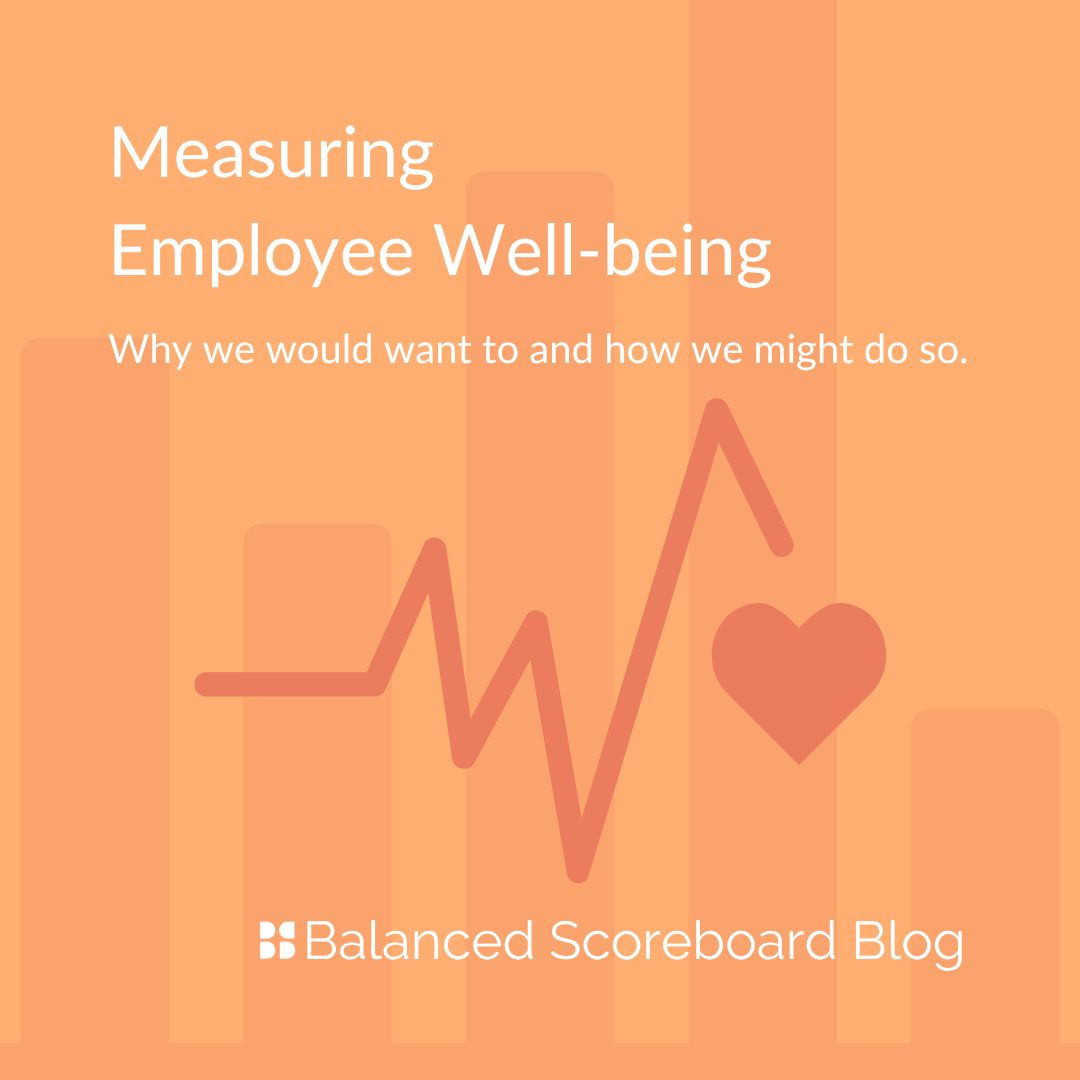Measuring Employee Well-being

Why we would want to and how we might do so.
The Economist group whitepaper recently stated that Business leaders need to add well-being measurements to their executive dashboards. To counteract the great resignation, they stressed it is not enough to introduce employee wellness initiatives, but that businesses need to be able to measure the progress of these well-being initiatives to ensure they are actually making a difference.
The benefits of measuring well-being initiatives:
There is a number of reasons why a business would want to measure and report on well-being programs. By doing so and communicating them, businesses are reinforcing to their team members the priority they place on employee well-being. Additionally, measuring outcomes also helps identify potential problems, facilitates best practice, and ensures they are putting their efforts in the right areas.
But how do we measure well-being?
Certain HR statistics, such as staff turnover, and stress-related staff sickness and absenteeism, can broadly measure overall employee well-being. However, measuring the success of individual initiatives is much harder to quantify. And measuring the outcomes of a culture that supports well-being becomes vaguer still.
Feedback is the key.
The only real way to gauge the success of a workplace culture or certain initiatives is through feedback from your employees. And identifying numerous ways to gain this feedback will help you gather regular, varied, formal and informal feedback. Adopting a determined mindset through the leaders of an organization to commit to a culture that truly supports employee well-being is vital to finding innovative ways to gather feedback,
The use of truly anonymous team surveys is effective in gauging both outcomes of individual programs as well as overall happiness and well-being that is reflective of your culture. Such surveys can also help identify simple changes that can deliver big in the way of outcomes.
For example, defining how people utilize certain online communication channels can help minimize the ‘always on’ stress being observed by many remote team members. With so many online communication forums, it is important to ensure that their use supports team members rather than adds to their workload or feelings of overwhelm. Small changes can have an enormous impact on well-being and productivity.
Feedback is especially important for assessing WFH policies as hybrid workplaces continue to evolve. For many, a lack of clear guidelines around flexible working, can cause feelings of guilt for taking breaks to grab an exercise class in the middle of the day, when it in fact increases their energy and productivity as a result. Equally, others may struggle with fitting their meetings around school pick-up because there are no clear guidelines that allow for these practices.
Informal feedback on what might be working or not working can be gleaned by the use of active listening in your 1 on 1 conversations with team. Additionally, structured stay interviews delivered by different leaders and peers can garner valuable feedback. And today, performance reviews have moved toward collaborative conversations that both give and gather feedback with team members.
More savvy employees know exactly what an ‘employer of choice’ provides and will seek, and stay with, the businesses that meet their needs.
Therefore, it is vital to make your culture and talent management a strategic priority for your firm today, creating a culture that supports employee well-being. Balanced Scoreboard can help you build your own talent management strategy and embed the culture you want. They also have surveying tools and talent management platforms to support your strategy.
The Team at Balanced Scoreboard understand the specific challenges small to medium sized professional service practices face. They also understand the pressure on current leaders to proactively attend to areas such as culture and talent management. Utilising their industry specific know-how can give you the professional edge that attracts and retains quality people.
Contact Balanced Scoreboard to find out more about how they can assist you to deliver and implement strategies for recognising, retaining, and rewarding your greatest asset, your people, and transforming your good team into a great team.
For further information, enquire today via www.balancedscoreboard.com.au.
You can also view our Blog ‘Why Balanced Scoreboard’ to see what a Talent Management Strategy includes.